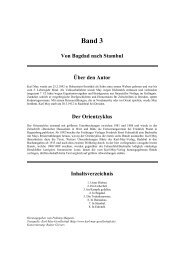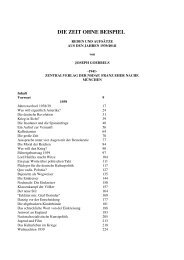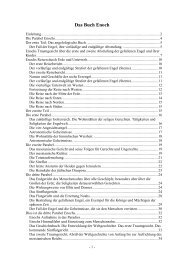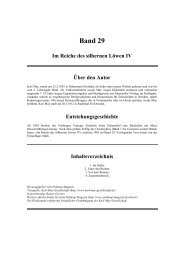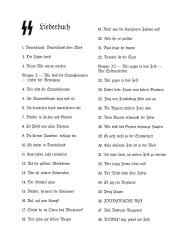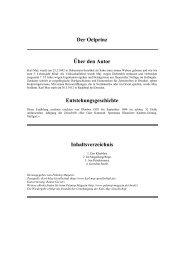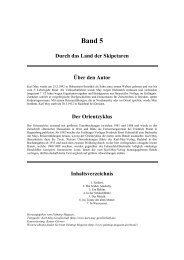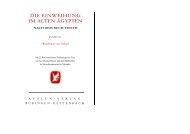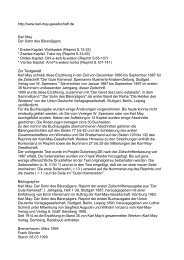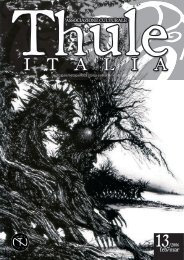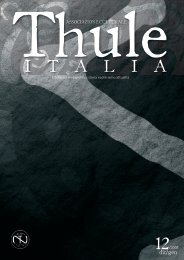Hitler's Baby Division
Hitler's Baby Division
Hitler's Baby Division
Create successful ePaper yourself
Turn your PDF publications into a flip-book with our unique Google optimized e-Paper software.
percent of the required vehicles - all captured Italian machines had finally<br />
arrived. At the end of January infantry companies, tank companies and<br />
artillery batteries began to demonstrate their proficiency by combat<br />
exercises with live ammunition. Sport exercises, tactical instruction and<br />
sandbox instruction for NCOs by company commanders followed. Heinz<br />
Guderian, the General Inspector of Armored Troops, and Field Marshal Gerd<br />
von Rundstedt, the Commander in Chief West, observed some of these war<br />
games and acknowledged a high level of performance according to Kurt<br />
Meyer. Armored infantry companies placed special emphasis on<br />
reconnaissance, night fighting and flexible shifting from attack to defense.<br />
Fully one third of the training time was devoted to nocturnal maneuvers.<br />
Physical exercises were conditioned by consideration for the performance<br />
capacity of young recruits. Communication practice in the area of the I. SS<br />
Panzer Corps near Dieppe revealed the unreliability of the Italian vehicles and<br />
led to their replacement with German made machines by order of the<br />
“highest authority”--presumably Hitler. 30<br />
At least three hours a week were set aside for indoctrination to be<br />
conducted by company commanders for the most part. After eight years of<br />
incessant doctrinal drilling in the Hitler Youth and four weeks of intensive<br />
propagandizing in the WELs, it was still deemed necessary to conduct regular<br />
weekly indoctrination sessions within the division itself. Witt believed, as<br />
most SS officers believed, that the war against Soviet Russia had made it<br />
painfully clear that a “fanatically indoctrinated enemy” could only be<br />
conquered by the "bearer of a superior ideology." Every young soldier<br />
therefore had to know what he fought for. Hence, “attitude, spiritual<br />
strength and emotional power were thought to be the deciding factors in<br />
generally perceived popular wars.” Company commanders were expected to<br />
23



